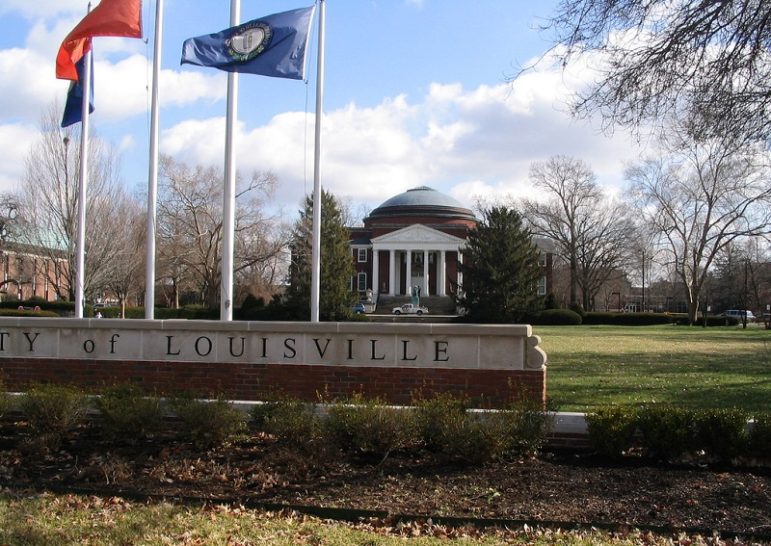
May 31, 2016: WDRB (Louisville, KY)
The University of Louisville, Kentucky, has a foundation that controls the school’s endowment of $650 million and receives all the donations to U of L. This is not an unusual arrangement, as a foundation can be the clear 501(c)(3) to allow donors to receive a tax deduction, and it allows for the central processing of gifts to schools. Where U of L is uncommon is the governance of the foundation and the university. U of L’s president, James Ramsey, is also the CEO of the foundation and receives most of his salary, over $1 million annually, from the foundation. Further, Ramsey is also a board member with voting rights on the foundation board and the permanent chair of their committee to bring on new board members.
In 2015, Ramsey approved a loan of $38 million from the university to the Louisville Real Estate Foundation, which was created by the U of L Foundation just a year ago. The university’s independent auditors listed it as a loan in a footnote, while the U of L Foundation’s CFO Jason Tomlinson calls it a “receivable agreement.” Tomlinson signed the loan for the real estate foundation and Ramsey signed as university president last July 1st, but neither the school’s board of trustees nor the foundation’s board of directors were consulted. The boards discovered the loan through the auditors’ footnote in the annual statements.
There seems to be a gap in fiscal checks and balances and a disconnect from the duties of boards at the university.
Trustees Chairman Larry Benz said he is looking into “how a loan of that size could have gone from the university to the U of L Foundation without Board of Trustees approval and the details of the spending of that loan.”
Sign up for our free newsletters
Subscribe to NPQ's newsletters to have our top stories delivered directly to your inbox.
By signing up, you agree to our privacy policy and terms of use, and to receive messages from NPQ and our partners.
The memorandum of understanding signed by Tomlinson and Ramsey allows the money to be used for projects with interest-only payments of one percent during the life of the loan, with a balloon payment due after the three years allocated. Some of the projects listed are $10.7 million for road and streetscapes around the main campus, the U of L Counseling Center for half a million, and purchase of a piece of property at $3.2 million. The university has loaned the foundation money before; in 2014, a loan of $29 million was made and it was repaid in 2015.
Tomlinson has defended the loan. He reports that the university has between $60 and $80 million in cash in the bank at any given time, earning minimal return. The loan is a guaranteed one percent. An argument can be made, though, that an organization’s board is supposed to assist with thoughtful placement of funds for growth. Theoretically, the university should only have sufficient cash on hand to meet its operating cash flow needs, while the foundation leads in investing assets for long-term growth in support of the university’s mission and programs.
The Kentucky state auditor has been examining the university and the U of L Foundation since the beginning of the year. In early May, the auditor’s office had to reevaluate its June date for the report’s release because of the difficulty in getting documents from both organizations. The U of L spokesman, John Karman, has stated that accessing the more than 6,000 documents requested by the state auditor has been difficult due to a small staff. It has been reported that documents to date are “unclear or inconsistent.”
The U of L may be asking its Board of Trustees to increase tuition in the face of a reduction in support from the state of Kentucky, an increase up to the Council of Postsecondary Education’s permitted ceiling of 5 percent. It seems incongruous that the school would ask the board’s approval for a tuition increase, but not a $38 million loan.—Marian Conway













